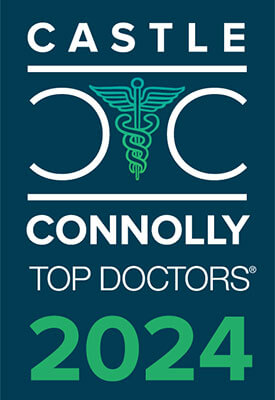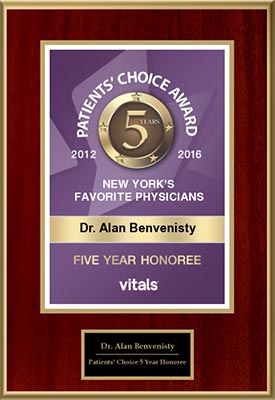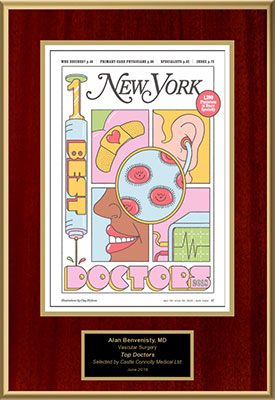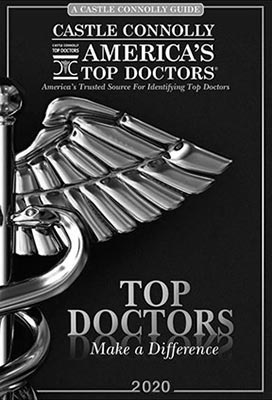Kidney Conditions and Treatment Options
Chances are, most understand that a major responsibility of the kidneys is to remove waste and excess fluids from the body through the production of urine. Yet, many are unaware of the complexity involved in producing urine as well as the importance of maintaining balance in regards to chemicals in the body.
Without question, kidneys are two powerful little factories, each about the size of a fist that play a major role in a variety of functions including:
- Regulating the body’s salt, potassium and acid content.
- Producing hormones needed to encourage red blood cell production, regulate blood pressure and control calcium metabolism.
- Removing drugs from the body
- Balancing fluids within the body
Kidneys are located on each side of the spine near the lowest level of the rib cage. Each kidney consists of functioning units (nephrons) that contain filtering units composed of tiny blood vessels. These blood vessels are called glomerulus, and they are attached to a very small tubule. In essence, blood is filtered through the glomerulus, leaving the remaining fluid to travel along the tubule. The body adds or extracts water and chemicals from the fluid as needed, and the rest is excreted in the form of urine. This complex process performed by the kidneys results in about 200 quarts of fluid being filtered and returned in one 24 hour period.
Numerous health conditions and abnormalities result in kidneys becoming damaged or diseased. For instance, uncontrolled diabetes is one leading cause of kidney disease. In turn, hypertension (high blood pressure) is linked to kidney disease. Even so, some conditions are inherited such as polycystic kidney disease, Alport’s Syndrome, hyperoxaluria and cystinuria. Congenital diseases and infections affecting the kidneys may include urinary tract abnormalities at birth, glomerulonephritis, urinary tract infections and kidney stones. Lastly, medications including over the counter and “street” drugs may result in damage to kidneys.
A major concern when it comes to chronic kidney disease is that it presents no symptoms in its early stage. This is why it’s often referred to as a “silent killer.” As it stands, nearly 26 million adults in the United States are affected and many are at risk.
Consider the following kidney conditions and diseases:

Treatment Options for Kidney Conditions and Diseases
Without question, treating kidney disease in its earliest stage is ideal. Yet, the progressive nature of kidney disease results in many not knowing that they have it. This is why testing is important, especially for individuals at risk. Should you get tested? Ask yourself the following:
- – Am I African-American?
- – Do I have diabetes?
- – Do I have high blood pressure?
- – Do I have heart disease?
- – Does anyone in my family have kidney disease?
Answering “yes” to any of these questions is reason enough to get tested. Primary care physicians administer two tests, including a blood test and urine test.
For individuals with pre-existing medical conditions that may put them at risk for kidney disease (diabetes, hypertension), perhaps the best way to lower the risk of kidney damage is to properly manage your health. If you are having trouble doing so, there are medications available to protect kidneys. It’s important to understand that damage to kidneys cannot be reversed.
Treatment for kidney conditions and diseases range from medical therapy in the form of diuretics, blood pressure medication, beta-blockers, calcium channel blockers, nitrates, ACE inhibitors, to diet and lifestyle modifications, open surgery or minimally invasive techniques, such as balloon angioplasty and stenting. Dialysis and transplantation are also options for advanced stage kidney disease and renal failure.
As a distinguished and highly respected general, vascular and endovascular surgeon in New York City, Dr. Alan I. Benvenisty brings extensive experience in vascular diagnosis with a super specialty in kidney conditions and diseases. With the ability to navigate the system in regards to treatment for kidney disease and renal failure, Dr. Benvenisty combines the best of surgical and non-surgical skill to provide personalized care for each patient. Whenever possible, Dr. Benvenisty prefers minimally invasive treatment and strives to keep patients off of dialysis. If you are living with kidney disease and would like to speak with Dr. Benvenisty, contact our office on Amsterdam Avenue today to schedule a consultation.







